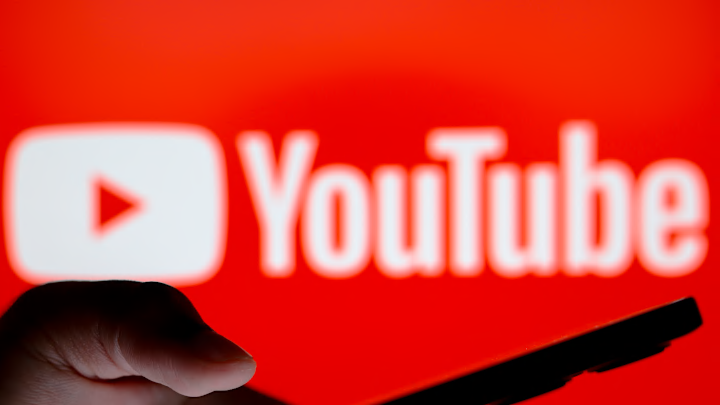While anyone above the age of 13 is technically allowed to have a YouTube account, the platform may have found a way to protect a certain demographic from potentially harmful content.
YouTube is adding restrictions on certain types of content recommended specifically to teenagers. Specifically, content favoring certain body types or physical features, or that "displays social aggression."
Teens are highly susceptible to engaging in behaviors they aren't necessarily aware can be harmful to themselves or others. Especially online, issues pertaining to harassment and content promoting eating disorders has proven particularly harmful to young people.
YouTube in particular has the potential to expose teens to potentially harmful content due to features such as its video recommendation system. YouTube frequently recommends videos to users whether they are interested in the content or not, and it is easy for anyone to go from one video to the next not realizing how harmful the content they are consuming may be.
These recommendation restrictions will, ideally, expose fewer teenage YouTube viewers to content that may negatively impact how they see themselves or treat the people around them. For example, fewer teens may be exposed to the idea -- on YouTube, at least -- that a certain weight is a benchmark for self-worth or success.
How these restrictions will be implemented is exactly is still up in the air. But much like content creators are required to disclose whether or not a video is targeted specifically toward kids, a similar feature for disclosing certain types of content may be added in the future.
Online child safety is becoming more of a priority for YouTube and other social media platforms, and teens should be included in these policies as well. Teens are still vulnerable, and they too deserve to be protected as much as it's possible on the internet.
